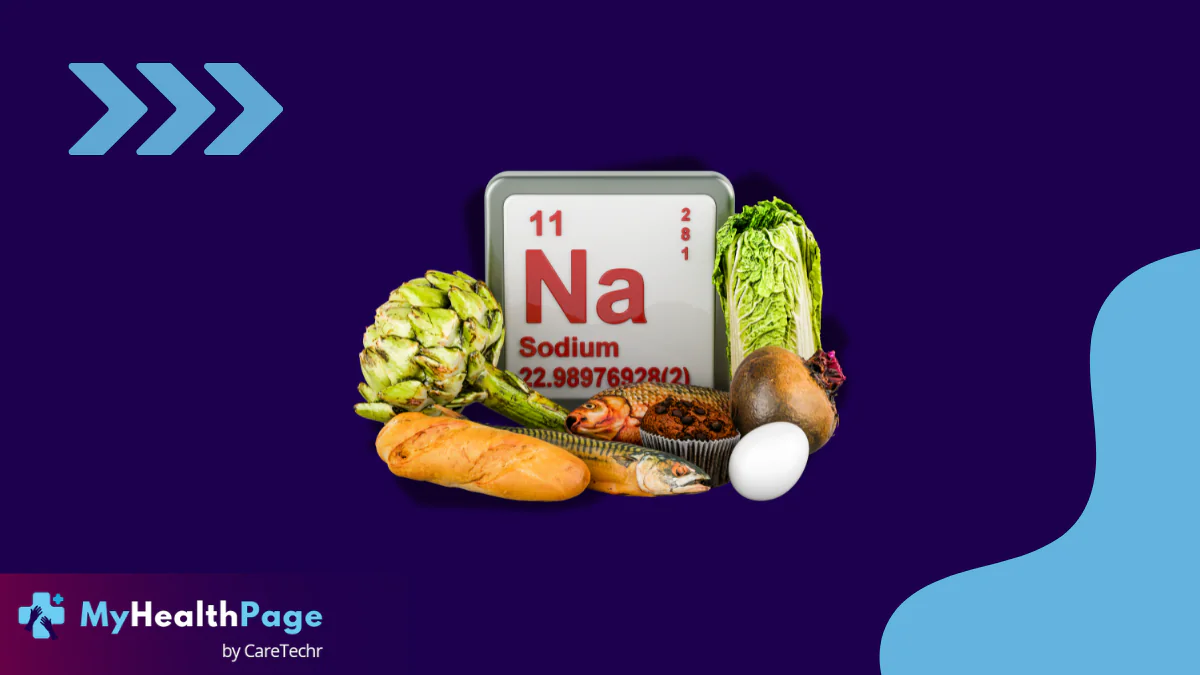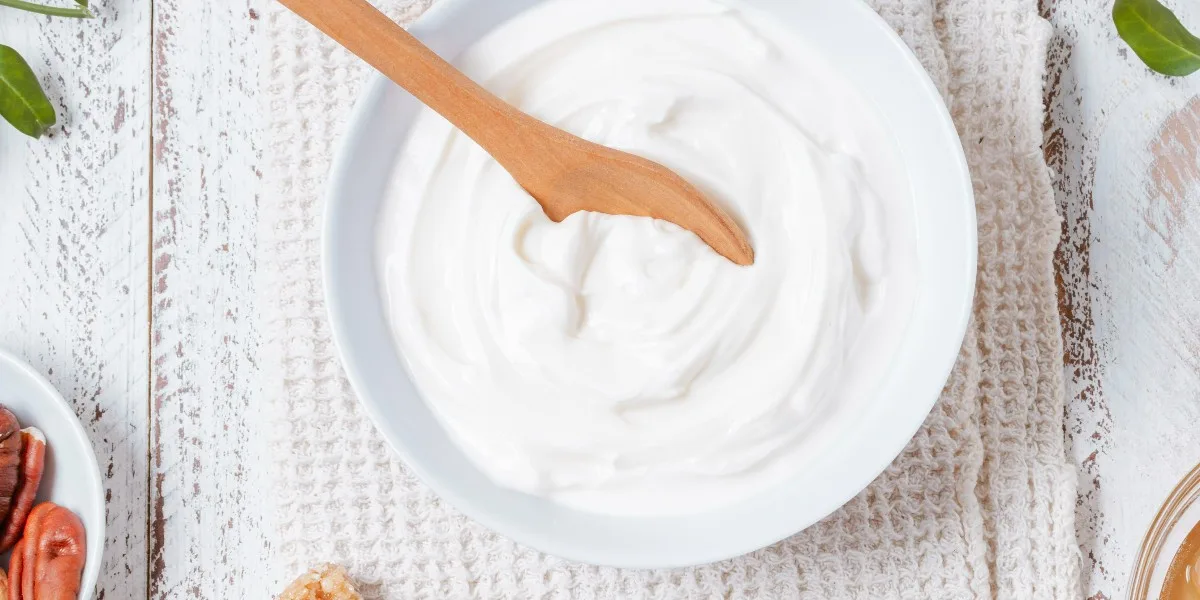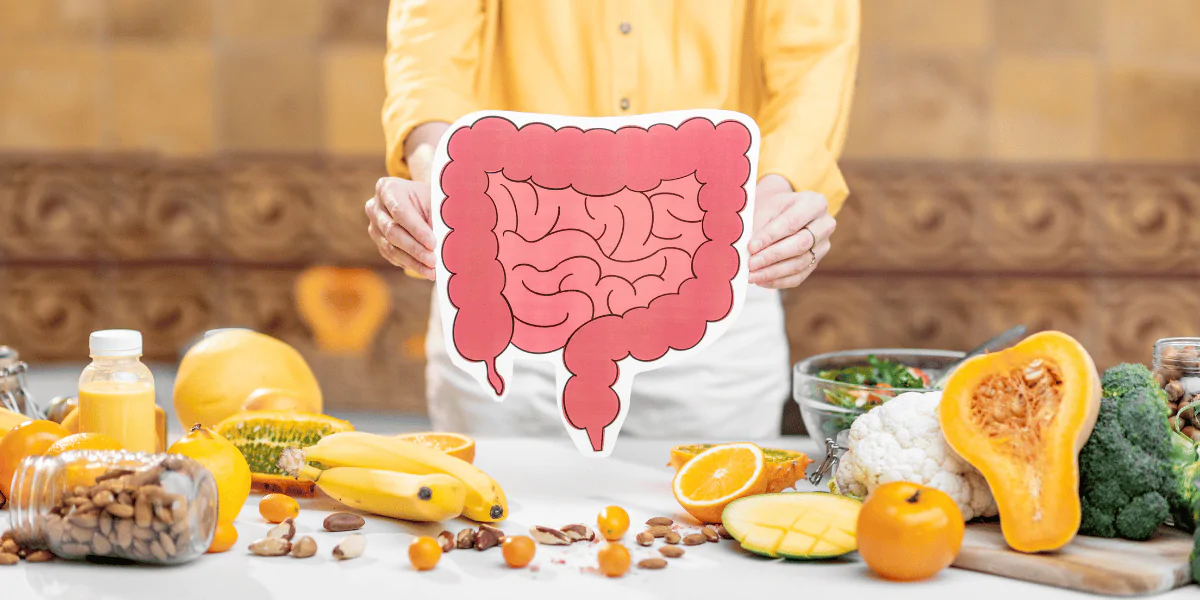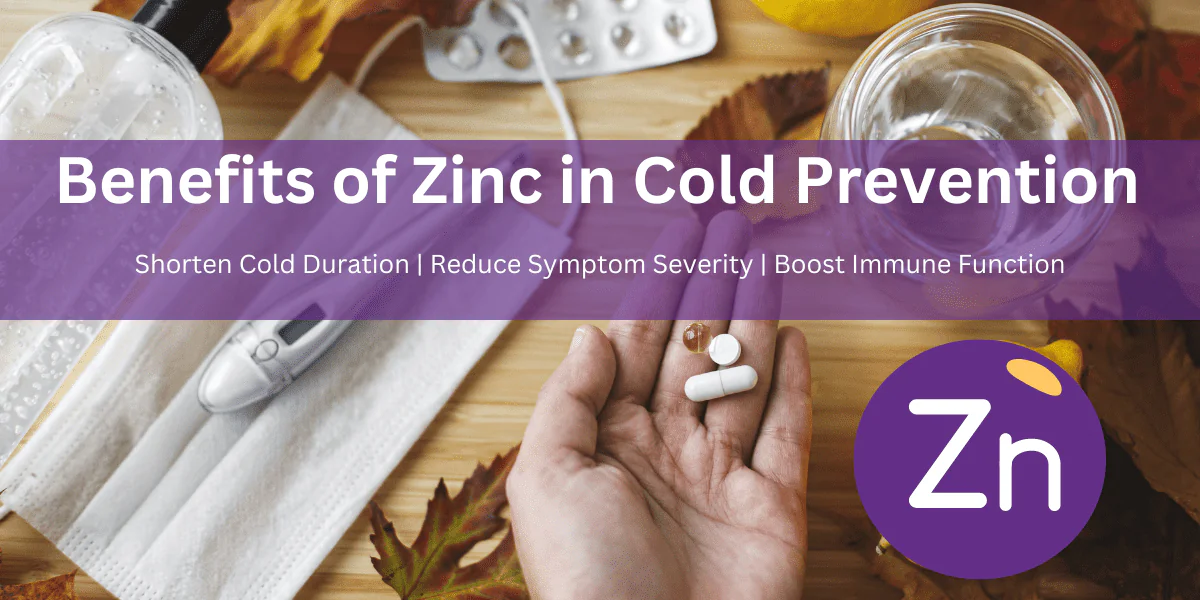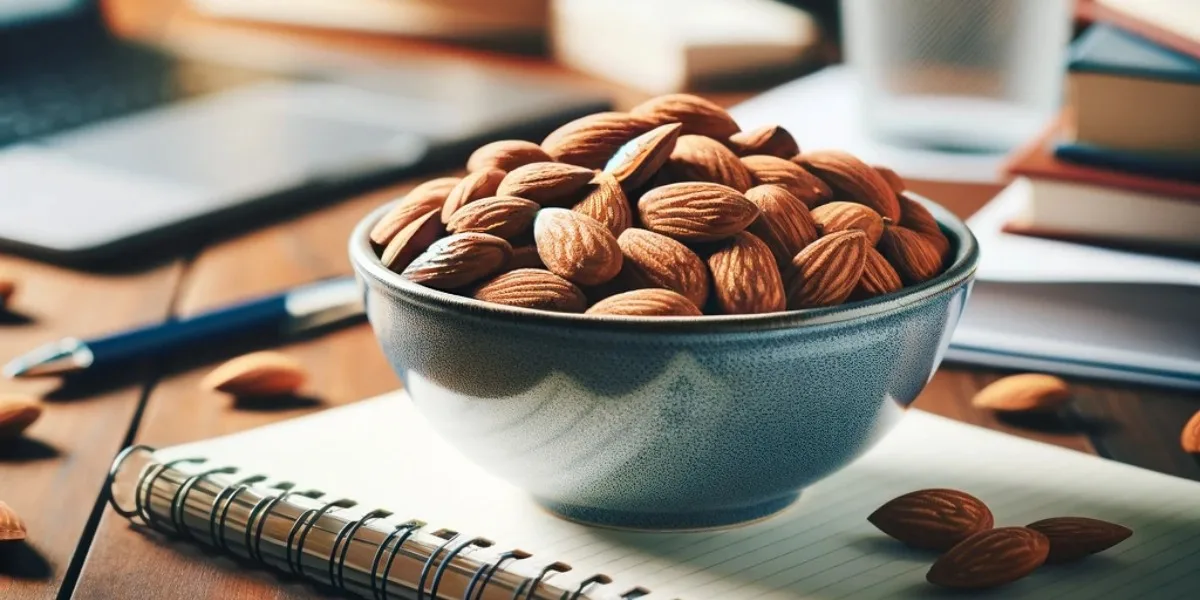Caffeine is an essential part of daily life for many people, celebrated for its ability to boost energy, enhance focus, and fuel productivity. But excessive caffeine consumption can have hidden health consequences, particularly for bone density. Studies show that consuming high amounts of caffeine may weaken bones over time, increasing the risk of fractures and conditions such as osteoporosis.
This article explores how excess caffeine impacts bone health, the science behind this connection, and practical steps to enjoy caffeine without compromising skeletal strength.
The Link Between Caffeine and Bone Density
Bone density refers to the amount of mineral content in bones, primarily calcium and phosphorus. These minerals provide strength and structure, helping to resist fractures. Excess caffeine consumption interferes with this balance, affecting the absorption, storage, and use of essential nutrients critical for bone health.
How Caffeine Affects Bone Density
- Reduced Calcium Absorption: Caffeine consumption increases calcium excretion through urine, which can result in a net loss of calcium from the body. This loss impacts bone remodeling, the natural process of bone renewal.
- Hormonal Disruption: Caffeine affects hormones such as parathyroid hormone and calcitriol, which regulate calcium levels in the blood and bones. Disrupted hormonal balance can weaken bones over time.
- Interference with Vitamin D Utilization: Vitamin D is essential for calcium absorption in the gut. Excessive caffeine intake may interfere with the activation of vitamin D, reducing its effectiveness.
Who Is Most at Risk?
While excessive caffeine consumption poses risks for everyone, certain groups are more vulnerable to its effects on bone density:
- Postmenopausal Women: Hormonal changes during menopause, particularly reduced estrogen levels, already increase the risk of bone loss. Caffeine can compound this issue.
- Elderly Individuals: Aging naturally decreases bone density, making older adults more susceptible to the effects of caffeine.
- Adolescents and Young Adults: Peak bone mass is achieved in early adulthood. High caffeine intake during this critical period can hinder bone development.
- Individuals with Low Calcium Intake: People who do not consume sufficient calcium from food or supplements are particularly vulnerable to caffeine-related bone loss.
Signs and Symptoms of Caffeine-Induced Bone Loss
Bone loss from excess caffeine consumption often develops gradually, making it difficult to detect until significant damage has occurred. Early signs include:
- Frequent Bone Fractures: A higher likelihood of fractures from minor falls or injuries may indicate weakened bones.
- Bone Pain or Tenderness: Chronic pain in the hips, spine, or wrists can be a sign of reduced bone density.
- Loss of Height or Stooped Posture: Bone weakening can lead to spinal compression fractures, resulting in height loss or a hunched posture.
Scientific Evidence Linking Caffeine and Bone Density
Numerous studies highlight the connection between high caffeine intake and weakened bone density:
- Increased Calcium Loss: A study published in Osteoporosis International found that individuals who consumed more than 300 mg of caffeine per day had significantly higher calcium excretion levels.
- Bone Mineral Density Reduction: Research in The Journal of Clinical Endocrinology & Metabolism revealed that women with high caffeine consumption exhibited lower bone mineral density compared to those with moderate or low intake.
- Fracture Risk: A meta-analysis from Nutrition Reviews concluded that excessive caffeine consumption is associated with an increased risk of hip fractures, particularly in women.
How Much Caffeine Is Too Much?
The threshold for “excessive” caffeine varies by individual, but general guidelines suggest that consuming more than 400 mg of caffeine per day—the equivalent of about 4 cups of brewed coffee—may increase the risk of bone-related health issues.
Factors influencing caffeine tolerance and its impact on bone health include:
- Genetics: Some individuals metabolize caffeine more slowly, prolonging its effects on calcium excretion.
- Dietary Habits: A diet low in calcium or vitamin D exacerbates caffeine’s negative impact on bones.
- Age and Sex: Women and older adults are more susceptible to caffeine-related bone density loss.
How to Protect Bone Health While Enjoying Caffeine
Caffeine doesn’t have to be eliminated entirely to maintain strong bones. Moderation, combined with supportive dietary and lifestyle habits, can help mitigate its effects:
1. Limit Caffeine Intake
Stick to moderate caffeine consumption, ideally below 300–400 mg per day. This equates to 3–4 cups of coffee or fewer, depending on the strength of the brew.
2. Prioritize Calcium-Rich Foods
Include calcium-rich foods such as dairy products, leafy greens, fortified plant-based milk, and almonds in your diet. Calcium helps replenish what may be lost due to caffeine consumption.
3. Boost Vitamin D Levels
Ensure adequate vitamin D intake through sunlight exposure, fatty fish, or supplements. Vitamin D enhances calcium absorption and helps maintain bone density.
4. Time Your Caffeine Consumption
Avoid consuming caffeine during or shortly after meals, as it can interfere with calcium absorption.
5. Choose Low-Caffeine Alternatives
Swap coffee or energy drinks for herbal teas, decaffeinated beverages, or chicory root coffee to reduce caffeine intake without sacrificing flavor.
The Role of Exercise in Counteracting Bone Loss
Physical activity is crucial for maintaining and improving bone density, particularly for individuals who consume caffeine regularly:
- Weight-Bearing Exercises: Activities like walking, jogging, and dancing strengthen bones by stimulating bone remodeling.
- Resistance Training: Weightlifting and bodyweight exercises increase bone mass and reduce the risk of fractures.
- Balance and Flexibility Exercises: Practices like yoga and tai chi improve balance, reducing the likelihood of falls that could lead to fractures.
FAQs About Caffeine and Bone Health
1. Can caffeine consumption cause osteoporosis?
Excessive caffeine intake can contribute to bone loss, which may increase the risk of osteoporosis, particularly in individuals with other risk factors.
2. Is tea safer than coffee for bone health?
Tea generally contains less caffeine than coffee, making it a better option for those concerned about bone density. Additionally, tea contains beneficial compounds like flavonoids that may support bone health.
3. Can calcium supplements offset the effects of caffeine?
While calcium supplements can help maintain bone health, they are most effective when combined with a balanced diet and moderate caffeine consumption.
4. Are decaffeinated drinks better for bone health?
Yes, decaffeinated beverages reduce caffeine-related calcium excretion, making them a bone-friendly alternative.
5. Does caffeine from sources like chocolate affect bones?
Caffeine from chocolate is present in smaller amounts, so occasional consumption is unlikely to impact bone health significantly.
6. Can young adults reverse bone loss caused by caffeine?
Young adults can often recover bone density through improved nutrition, exercise, and reduced caffeine consumption, as bone remodeling is still active during this stage of life.
Conclusion
Caffeine is a beloved stimulant, but excessive consumption can weaken bone density, increasing the risk of fractures and osteoporosis. The connection between caffeine and bone health underscores the importance of moderation and balanced nutrition. By understanding the effects of caffeine on calcium absorption, hormone regulation, and vitamin D utilization, individuals can make informed choices to protect their bones.
Enjoy your coffee or tea, but do so mindfully. Pairing caffeine consumption with a diet rich in calcium, vitamin D, and other bone-supportive nutrients, along with regular exercise, ensures that you can maintain strong, healthy bones without giving up your favorite pick-me-up.
Read Also: Dehydration Can Lead to Frequent Headaches and Migraines
Medical Disclaimer: This article is for informational purposes only and is not a substitute for professional medical advice. Always consult with a healthcare provider for personalized recommendations.



